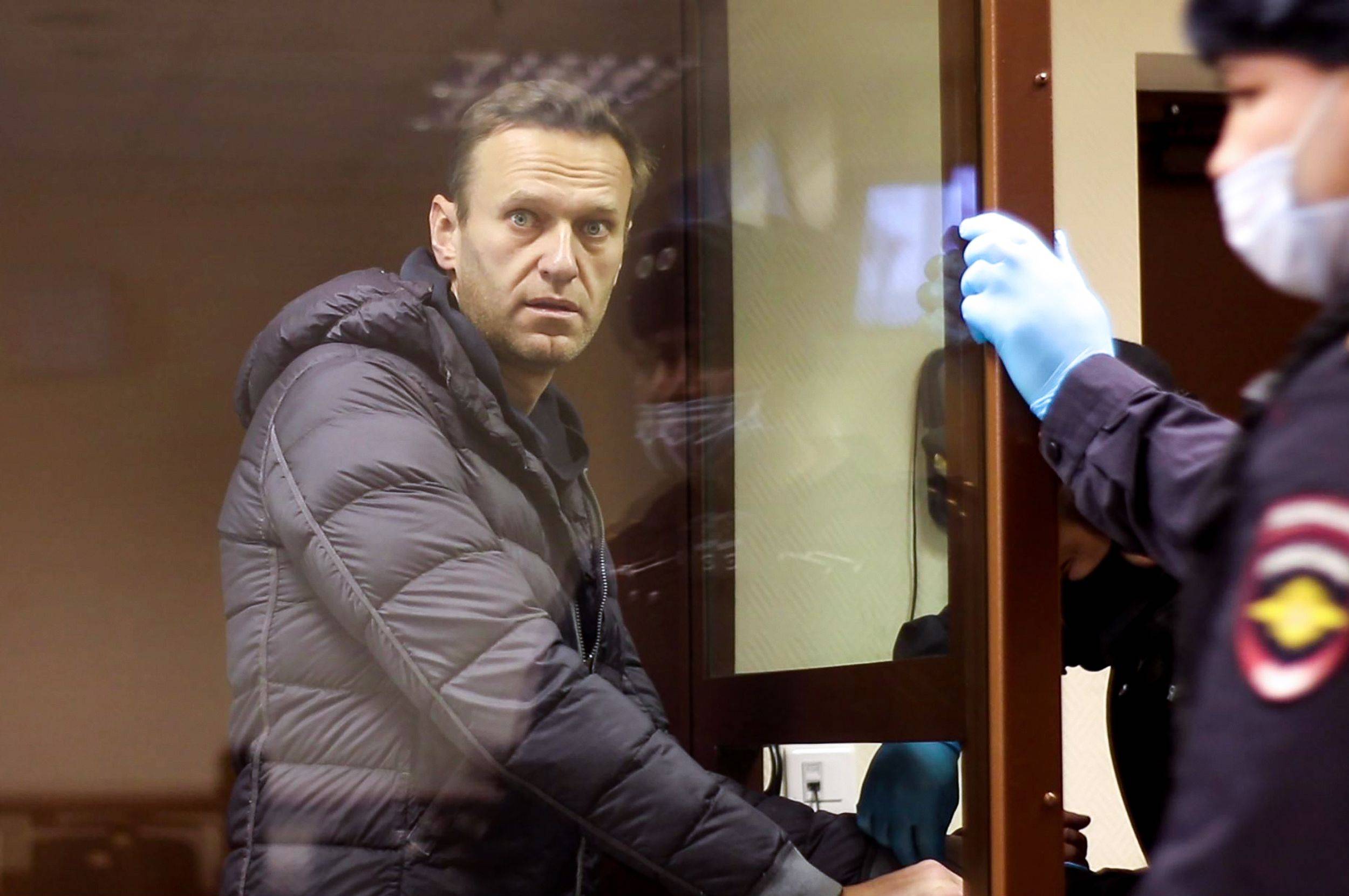While doing time in a Russian penal colony, Alexander Y. Margolin saw prisoners savagely beat another inmate, and from that point on, the beaten man obediently cleaned the toilet every day, a demeaning chore signaling that he had fallen into a low caste in the prison hierarchy, known as the "degraded.”
"The conditions are not very homey,” Margolin said of Russia’s prison camps, descendants of the Soviet gulag, many of them scattered across Siberia.
Inmates are housed not in cell blocks but in free-standing, rough wood or brick barracks, dozens of men in each one, with nothing to separate victimizers from victims. The open floor plan arrangement, little modified since the time of the gulag, has over the decades given rise to a coarse, often brutal prison culture requiring care to navigate.



